Former president Donald Trump and his allies continue to promote and assert the false claim that Trump won the 2020 presidential election, despite repeated judicial rulings repudiating cases based on that contention. Disproven theories about voter fraud motivated the effort to overturn the 2020 election results, including the January 6 attack on the Capitol, and some Republican officials and candidates continue to propagate rhetoric about the 2022 midterms that conflates potential vulnerabilities in voting systems and procedures with unwarranted certainty of fraud. These false claims have also provided the justification for legislative efforts to change how elections are administered at local and state levels in ways that suppress popular participation. The false characterization of the 2020 election as fraudulent and stolen—a conspiracy theory advanced by former President Trump and his supporters—has been persistently amplified by Republican candidates and members of congress.
More than 100 Republican candidates for Congress or statewide office have repeated this election denialism. Some Republican candidates have preemptively questioned, without credible evidence, whether this year’s vote will be legitimate in states that saw close contests in 2020. According to the Washington Post, 54 of 87 of the party’s nominees for state positions that play a role in the election certification process—including through control over local policies for counting and certifying votes—are election deniers. Ambiguities that are a product of the decentralized US electoral system, in which localities may implement their own counting and certification procedures, also in effect allow these officials greater control.
Moreover, the effort to protect election integrity has itself been politicized, with some Republican candidates who support former President Trump’s false claims of voter fraud invoking election integrity as their reason for doing so. Media reports suggest that factions within the Republican Party are preparing attempts to undermine the 2022 midterms at the precinct level by staffing election offices and polling sites with partisan observers and poll workers instructed to “target and potentially overturn votes in Democratic precincts.” These operatives plan to overwhelm election officials with legal challenges to votes, voters, and voting machines. At a broader administrative level, appeals for protecting election security have been used as a pretext for rolling back electoral safeguards, as was the case with Louisiana’s withdrawal from the Electronic Registration Information Center (ERIC), a bipartisan tool for sharing voter-registration data across state lines and between government agencies. The data-sharing facilitated by ERIC allows for states to maintain more accurate voter rolls. These efforts, undertaken in the name of “election security,” have the effect of making elections less secure.
The protection of election security is an important aspect of any free and fair election and citizens’ trust in elections. Claims of voter fraud, such as voter impersonation, dead people voting, and double voting, are not new. Studies of US elections back to 2006 have consistently shown that the number of proven violations are, in the case of voter impersonation, statistically insignificant and, in the case of dead people voting and double voting, vastly inflated. False narratives about supposed flaws in US voting systems and procedures contribute to flagging trust in elections and American democracy more generally, and will impact voter confidence for years to come. A CNN poll released in September 2021, for example, found that 78 percent of Republicans believed that President Biden did not win the 2020 election, and 52 percent of Americans lacked confidence that elections reflect the will of the people. False narratives also set the stage for politicians and their supporters to reject the legitimacy of results with which they don’t agree.
The United States has experienced a multiyear decline in its democratic norms and institutions, with growing pressure on election integrity, judicial independence, and safeguards against corruption, according to Freedom House’s annual Freedom in the World report. Partisan manipulation of the electoral process is partly responsible for the degraded quality of elections. A swell of Republican-led efforts to alter voting rules—including changes to the number, locations, and hours of polling sites—followed the Supreme Court’s 2013 decision to strike down Section 5 of the 1965 Voting Rights Act, which required states with a history of voter discrimination along racial lines to obtain approval, or “preclearance,” from federal authorities for any voting changes. These efforts have intensified at the state level since the 2020 election. In 2021, 19 states passed 34 laws restricting access to voting, and 6 states have passed 9 laws making it more difficult to vote in 2022. These changes have disproportionately impacted Black, Hispanic, and Native Americans communities, as well as students and low-income voters, making it harder for them to vote.
Freedom House has identified the following as key issues to watch ahead of election day:
- Disinformation: False and misleading information about election integrity and voting processes, especially that which is focused on false claims of electoral fraud in 2020 and supposed fraud in 2022 and 2024, continues to be a significant problem and is increasing. More than 100 Republican candidates for office have spread such narratives, undermining confidence in the machinery of US elections and preemptively alleging fraud without offering credible evidence. Such criticism is typically aimed at electronic voting machines, counting procedures, vote-by-mail procedures, and ballot-drop boxes. Misleading information about voting locations and requirements could be used as a voter-suppression tactic.
- Violence and incitement: The midterms are a possible flashpoint for political violence coordinated through online activities. While the number of far-right groups operating has declined since January 6, some of the most prominent remaining groups have increased their activity and adapted their tactics, including by shifting their communications to alternative, less-regulated platforms like Telegram, Gab, Odysee, Rumble, and Gettr, and focusing content production there on video products that are more difficult to moderate. The rise of armed protests, particularly at government facilities suggests that, as in 2020, facilities that collect and count votes could be at risk for targeting, intimidation, and possible violence stemming from online coordination. The January 6 hearings revealed links between far-right groups and Trump allies occupying official government positions, and it is possible that such groups could be mobilized to election sites under the false and dangerous pretext of providing “security” through public calls to action on social media, including by candidates, or covert online organizing. These efforts are likely to amount to illegal voter intimidation, and must not be permitted to supplant existing legal mechanisms for election oversight and ensuring public security.
- Online harassment and threats: Government employees, poll workers, and other election officials are at risk for targeted online harassment. For example, Georgia election worker Wandrea “Shaye” Moss went into hiding and changed her appearance after receiving death threats and other forms of online harassment following the 2020 election. Her case, as well as those of numerous other local election workers who have faced similar attacks, showcases the risk of violence and the lack of protections in place to mitigate online harassment and threats against local election workers. While online harassment has been shown to lead to self-censorship and act as a barrier to political participation for voters and candidates, since 2020 it has also driven election workers to leave their jobs and has made staffing critical election oversight positions difficult.
- Influence operations: US national security officials have repeatedly warned about the ongoing threat of influence operations from Russia, China, and Iran that seek to change the outcome of elections. Unlike presidential elections, where influence operations can focus on a single candidate who holds direct sway over domestic and foreign policy, the nationwide field of candidates in midterm contests offers a multitude of targets. The large number of candidates also makes influence operations more difficult to identify. Analysts believe that Chinese state influence operations could focus on promoting a subset of candidates deemed favorable to Chinese authorities’ economic and political interests around Taiwan or technology, or, as was the case in the last provincial elections in Canada, discouraging Chinese-Americans from voting for particular candidates or parties via targeted influence operations on WeChat. The Russian government or state-affiliated actors, meanwhile, may focus their efforts on promoting candidates and media figures who support the Russian invasion of Ukraine. Influence operations from foreign manipulators often rely on the exploitation of existing social and political divisions, and the increasingly tense electoral environment is fertile ground for manipulation claiming that the 2020 election was fraudulent. The strategic objectives of influence operations can be as broad as sowing doubt in democracy itself. Electoral disinformation could be leveraged to exploit these divisions and advance an agenda that is aimed at the broad strategic objective of destabilizing institutions of American democracy.
- Cyberattacks: The midterm elections come in the wake of a series of cyberattacks, including the 2020 SolarWinds breach, in which Russian intelligence compromised several US federal agencies, and the 2021 Colonial Pipeline attack, in which a nonstate group shut down one of the United States’ largest oil pipelines. Critical electoral infrastructure remains vulnerable to infiltration and interference, despite some attempts to upgrade election security since the 2016 elections, when extensive cyberattacks targeted the Democratic National Committee (DNC), Hillary Clinton’s presidential campaign, and electoral systems in all 50 states. Election officials and cybersecurity experts have expressed concerns that a cyberattack could target a local jurisdiction in a key race or swing state, and be used to exacerbate concerns over election integrity that have been continually stoked via ongoing disinformation campaigns.
On Freedom House’s Election Vulnerability index, the United States has a score of 77 out of 100, with 100 representing the least vulnerability in terms of election integrity. This index is based on a selection of key election-related indicators. The US score reflects problems with past elections and with the rule of law, including judicial independence, political polarization, due process, and equal treatment. The country is rated Free in Freedom in the World 2022, with a score of 83 out of 100 with respect to its political rights and civil liberties, and Free in Freedom on the Net 2021, with a score of 75 out of 100. To learn more about these annual Freedom House assessments, please visit the United States country reports for Freedom in the World and Freedom on the Net.

















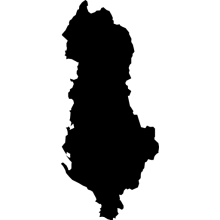

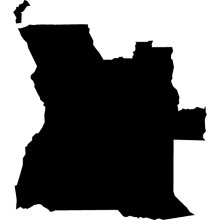

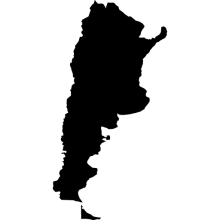
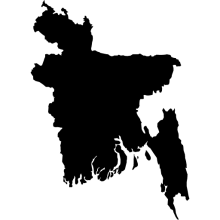

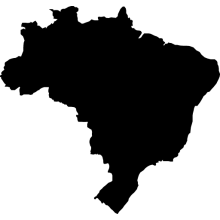

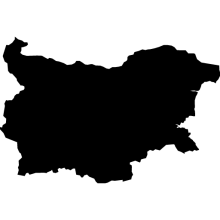

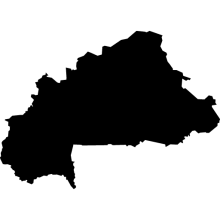

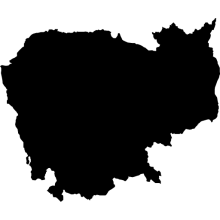

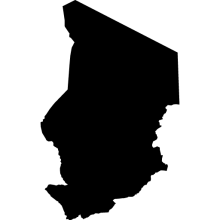

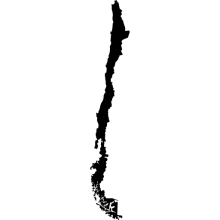

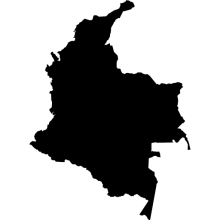

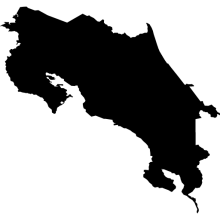

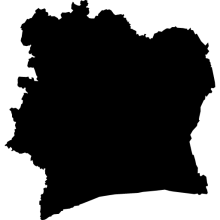

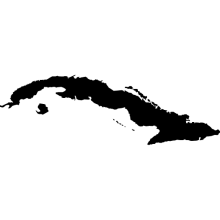

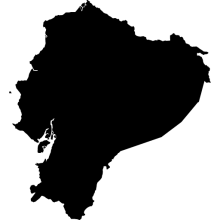
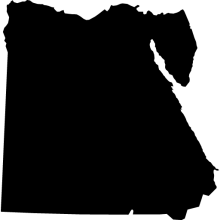

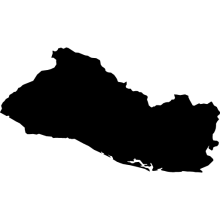

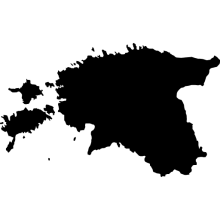

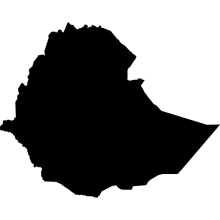

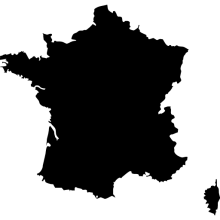

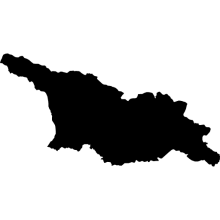

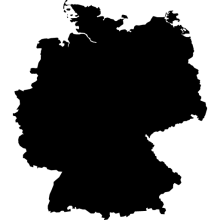

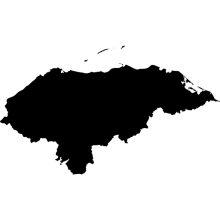


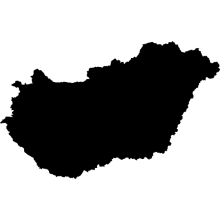
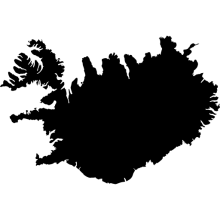
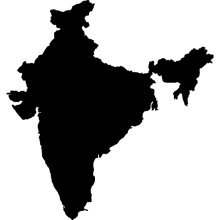
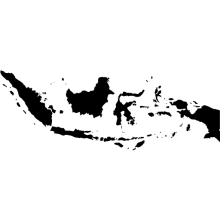
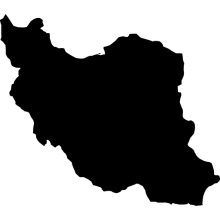

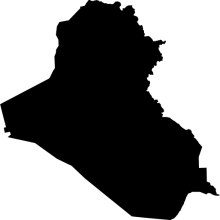

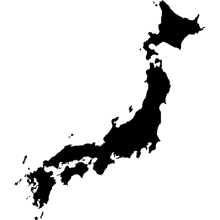

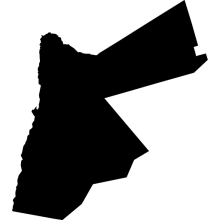

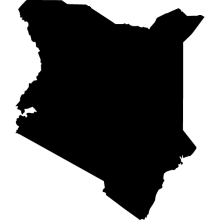

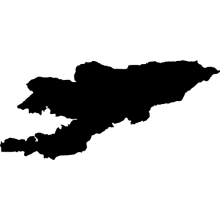

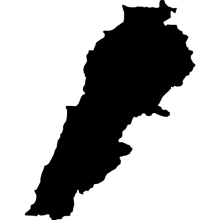
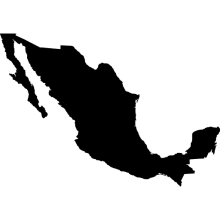

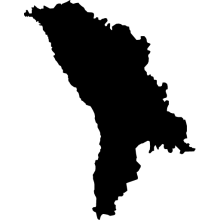

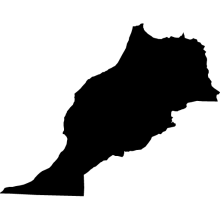

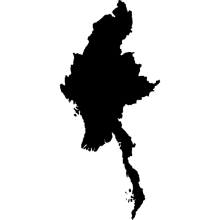

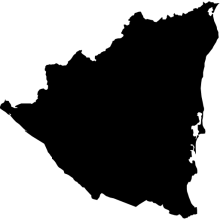

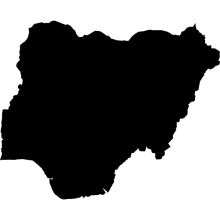
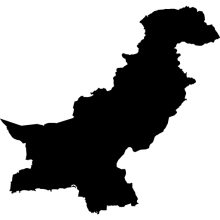

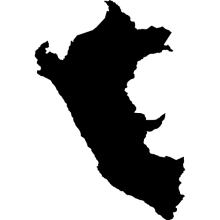

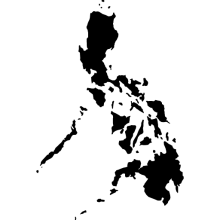

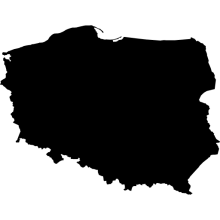
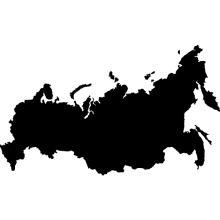
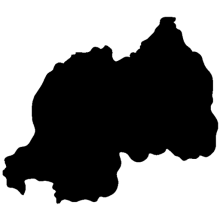
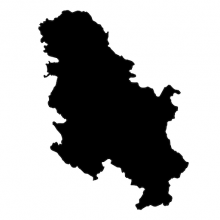
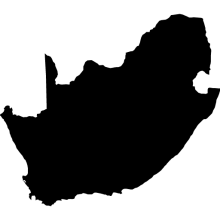
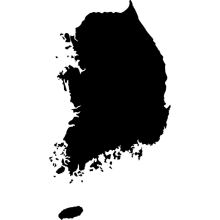
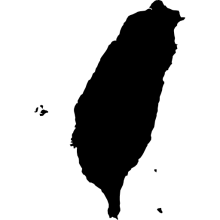

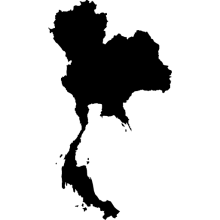

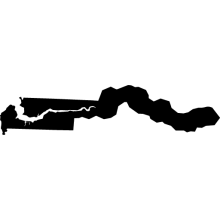

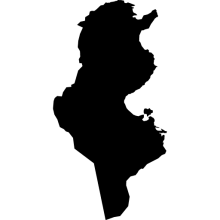

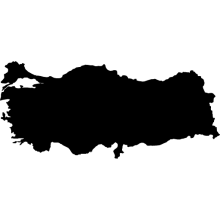

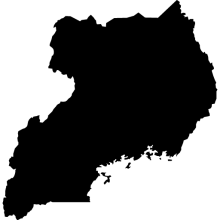
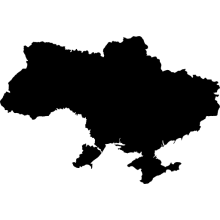

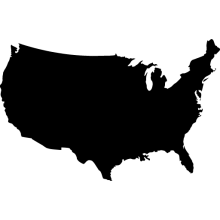

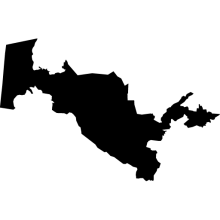

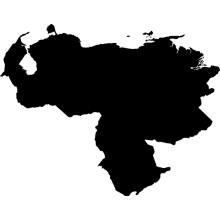

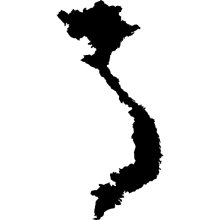

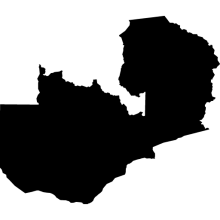

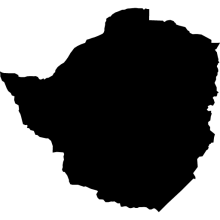
dec2020_shutterstock_editorial_6761253cb9d3.jpg)